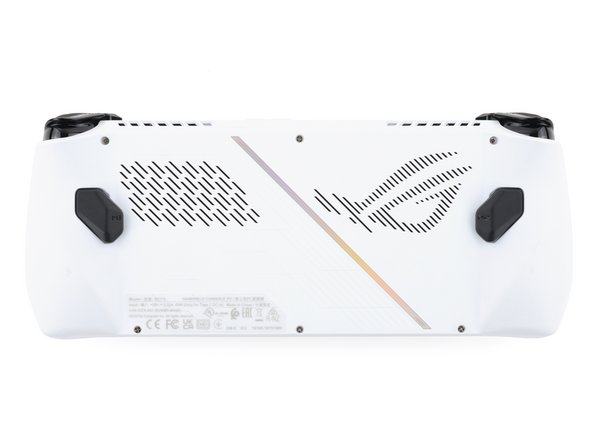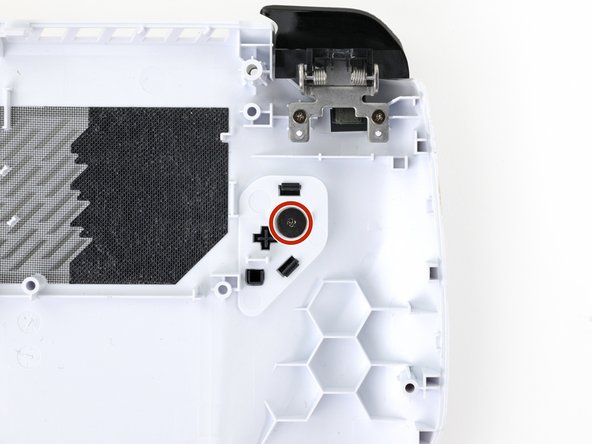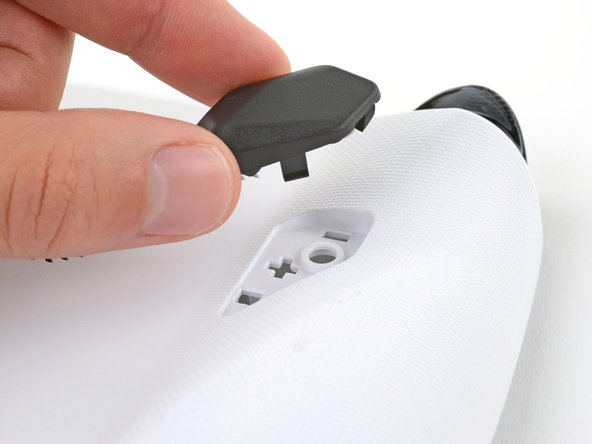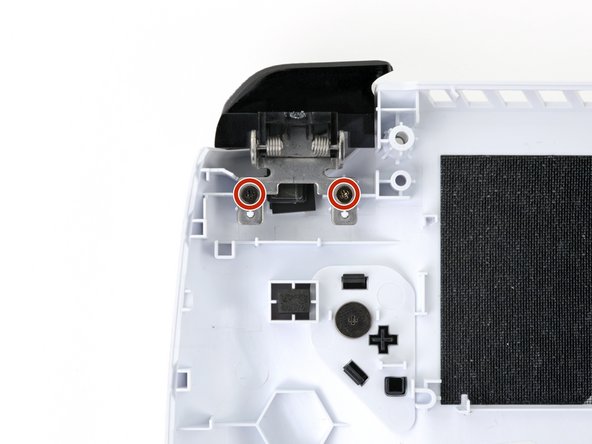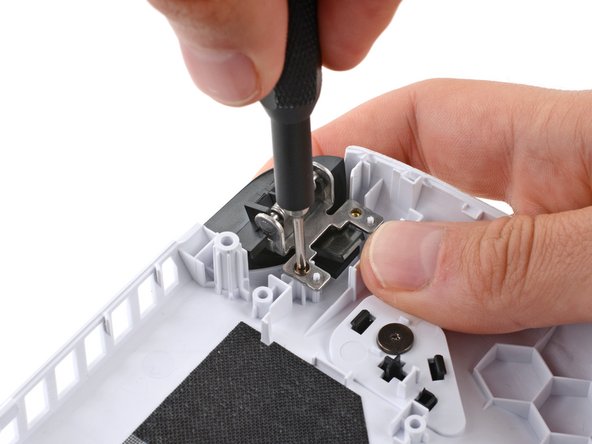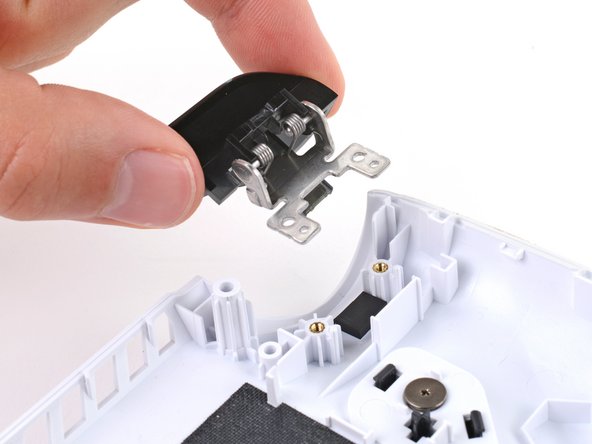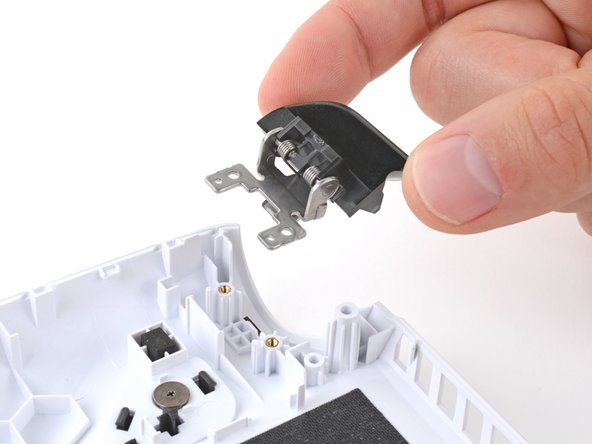Introduction
Follow this guide to replace a broken back cover (aka back shell, back plate, or back housing) on your Asus ROG Ally.
What you need
-
-
Completely power off your device and unplug all cables.
-
-
-
Use a Phillips #0 screwdriver to remove the five 17.2 mm‑long screws securing the top edge and bottom corners of the back cover.
-
Use a Phillips #0 screwdriver to fully loosen the remaining captive screw at the center of the bottom edge. This should create a small gap between the back cover and chassis.
-
-
-
Insert the flat edge of an opening pick between the bottom edge of the back cover and chassis, near the captive screw.
-
Angle the pick upward and push it under the back cover.
-
-
-
Slide the opening pick along the bottom edge and around the corners of the back cover to release the clips securing it.
-
-
-
Lift the bottom edge of the back cover off the chassis to release the remaining clips.
-
Remove the back cover.
-
-
-
-
Check if your replacement back cover comes with triggers and macro buttons installed.
-
If it doesn't, follow the remaining steps to remove and transfer them.
-
-
-
Use a Phillips #000 screwdriver to remove the 2.9 mm‑long screw securing each macro button (two total).
-
-
-
Use tweezers or your fingers to remove the springs from their screw posts.
-
-
-
Use the flat end of a spudger or your fingers to push in the clips securing one of the macro buttons.
-
-
-
Repeat the last two steps to unclip and remove the other macro button.
-
-
-
Use a Phillips #00 screwdriver to remove the two 3.4 mm‑long screws securing each trigger (four screws total).
-
-
-
Pull the triggers straight up and out of their recesses to remove them.
-
-
-
Compress the trigger and firmly push it into place on the chassis so the cutouts on the hinge go over their alignment posts. The trigger should stay in place.
-
Keep the trigger compressed and install the two screws.
-
Test the trigger before continuing reassembly. If it's not working properly, remove the trigger and make sure it's properly aligned on the hinge.
-
To reassemble your device, follow these instructions in reverse order.
Repair didn’t go as planned? Try some basic troubleshooting, or ask our Answers community for help.
To reassemble your device, follow these instructions in reverse order.
Repair didn’t go as planned? Try some basic troubleshooting, or ask our Answers community for help.
















